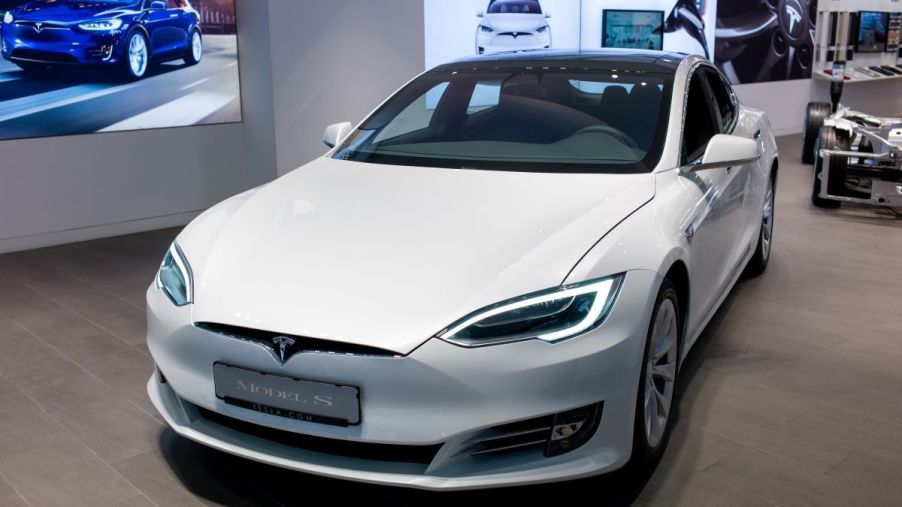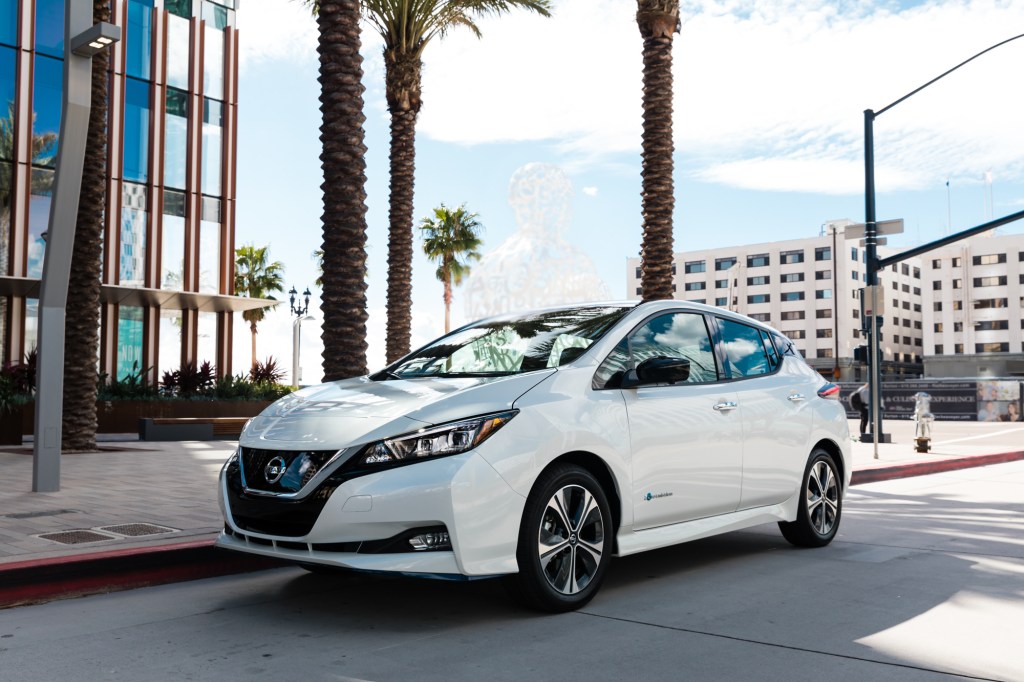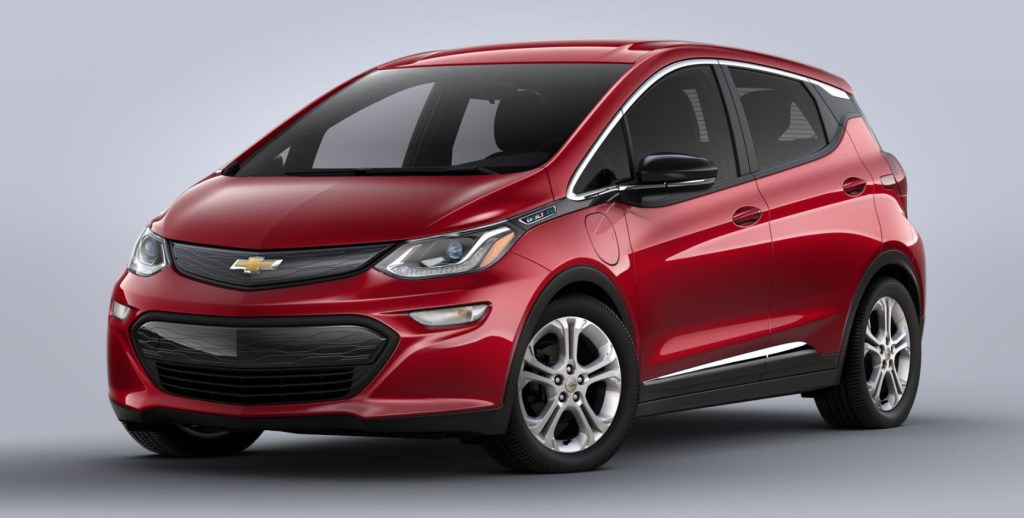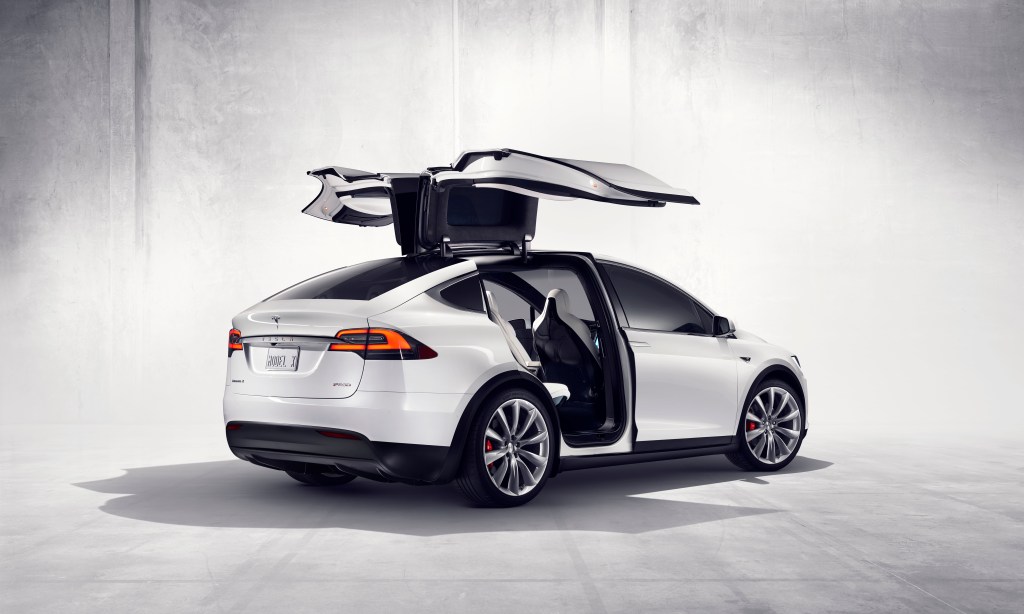
Is Germany Trying Too Hard to Cure EV Range Anxiety
Riding along in an electric vehicle and having a fear of running out of charge before reaching a destination is called range anxiety. In the eyes of the country of Germany, that fear has hindered consumers from embracing the transition to electric vehicles. So, Germany has come up with an answer to range anxiety.

EV Range anxiety is real
Electric vehicle range anxiety is a real thing. Nobody wants to be left on the side of the road with a dead electric vehicle. To avoid that, many people that purchase electric vehicles do not solely rely on charging stations. Instead, they also install fast-charging electrical units at their home. It allows them to fast-charge while at home. But, that is a costly measure that not every electric vehicle driver can afford. So, reliance on the neighborhood charging stations is necessary.
Charging stations have been growing in number around the world. This helps assuage some concerns of range anxiety. But, charging stations are not always available. There are times when charging units are inoperable. Also, electric vehicle owners may have to wait in extremely long lines. For example, in California, between Thanksgiving and Christmas last year, the lines were so long to get into a Tesla charging station that people were adding hours to their road trip, just waiting to get in. You can see the video below.
The plan to cure EV range anxiety
Now, the German government has come up with a plan to cure EV range anxiety. According to Reuters, Germany is going to obligate all gas stations to offer electric car charging. Also, they will begin to penalize owners of combustion-engined sport utility vehicles.
Kickstarting the transition to electric
Germany believes this measure, which is rolled into the German economic recovery plan, will aid consumers in the transition away from combustion engines. By requiring all gas stations to offer electric vehicle charging, the amount of charging station locations will increase much faster than waiting on additional sole-purpose electric stations to be built. This will cause staggering amounts of electric stations to be added to the existing network throughout the country and thereby cure range anxiety.

Is Germany trying too hard
Is Germany trying too hard? The Reuters report goes on to say that Germany has only 1.8% of registrants last year being new electric cars. Another 91.2% were diesel or gas-powered vehicles. So, the adoption of electric vehicles is low, with range anxiety being a large limiting factor. This measure by the German government tries to change all that by making the current gas stations scattered throughout the country in almost any neighborhood an electric vehicle charging location. That would be an additional total of 14,118 locations. It almost seems like the government is trying too hard.
Maybe Germany is not trying hard enough
Forcing over fourteen thousand locations to become charging stations is a huge goal. It means that all the locations will have to have new equipment brought it, and some locations may need to re-configured to allow for the charging units. It will certainly be a big disruption. However, it has been estimated that 70,000 charging stations would be needed to make electric vehicles a mass-market sensation. Germany currently only has 27,730. So, maybe the government is not trying hard enough, after all.

Regardless of how many stations Germany currently has, and those that it wants to add to its network of charging stations, it can not be denied that Germany is certainly taking steps to help its populace transition away from combustion-engine vehicles. Adding charging stations will only help people overcome range anxiety concerns and feed that transition to electric. However, there will always be a segment of the population that loves the visceral feel and sound of a vehicle driven by a combustion engine. And, that’s okay. It is good to have choices. For now, however, Germany is forcing that this change starts to happen faster than what the populace is comfortable with and penalizing people if they have a combustion engine driven SUV. So, it is probably safe to say that Germany should expect resistance and a significant buy-in time before aspirations become a reality. Germany is indeed trying too hard.


